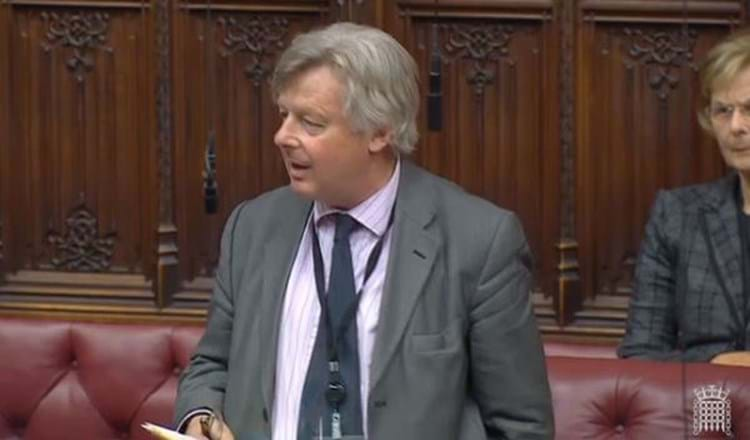
To ensure the bill is enforced, officers from the regulator - the Office for Product Safety and Standards – will have powers alongside police and customs officers but these powers have been clarified and reduced in these newly tabled amendments.
However, a number of other amendments, fought for by LAPADA chairman Lord de Mauley, Lord Cormack and Lord Carrington of Fulham during the report stage on October 24 in the upper house, have not been successful.
Speaking to ATG, Lord Inglewood said: “The government and opposition quite rightly wants to bring an end to the killing of elephants. But they are unwilling to accept that the trade in historic works containing ivory has no impact on demand for ivory in Asia.
“The changes to the powers of civilian officers are a good thing but on the whole the ivory bill is inherently philistine. It is an intrusion into private rights and a gratuitous attack on personal property. But the government are not interested in our arguments.”
Clearer bill
Lord Gardiner of Kimble, under-secretary of state for rural affairs who introduced the bill, said the amendments regarding accredited civilian officers will ensure their powers are “set out separately from those conferred on police and customs officers. This ensures that the role of accredited civilian officers as regulators of compliance is now much clearer in the bill.”
He said these civilian officers will no longer have a specific power to enter premises for the purpose of raising awareness of the provisions of the bill and will no longer have the power to apply for a search warrant to enter any premises. The power to apply for a search warrant will be limited to police and customs officers only.
However, subject to giving reasonable notice, accredited civilian officers may enter a premises if they reasonably believe it might be used in connection with the dealing of ivory, such as the back office of an antiques shop. Officers can also check premises are compliant with the law. These officers may also lawfully enter a premises open to the public without giving notice.
The ivory bill, which proposes a near-total ban on the trade in ivory, will now return to the House of Commons for approved amendments to be included, following a third reading in the House of Lords.





